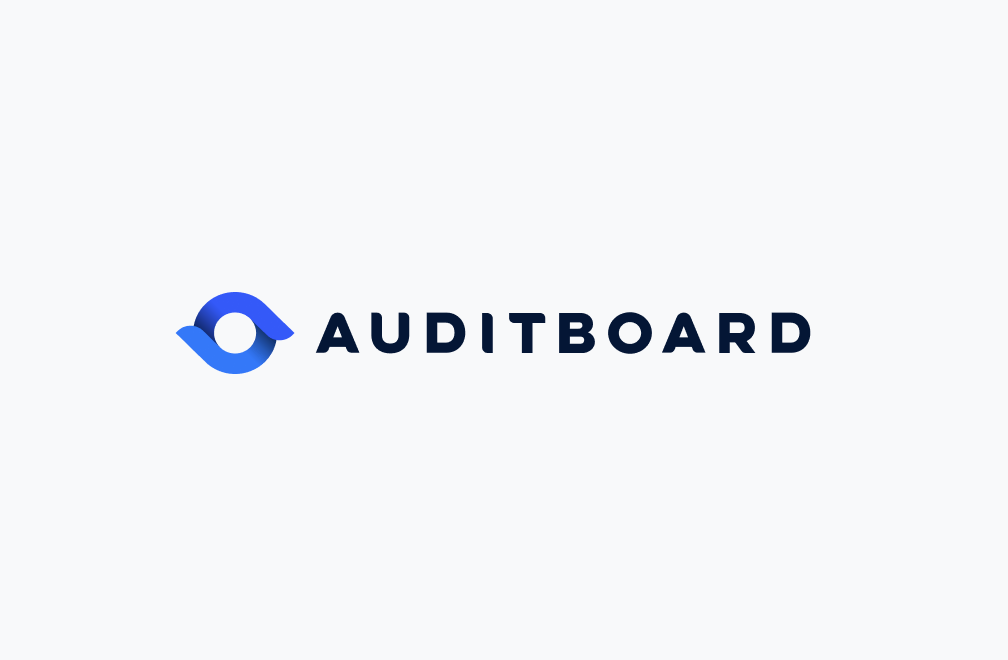
Continuous professional improvement has never been more important than right now. The job market is unpredictable, mass layoffs and hiring freezes are becoming more frequent, and internal audit departments are constantly asked to be more agile and do more work with fewer resources.
As internal auditors, we must do all we can to stand out in our roles. In the years I’ve spent as an Internal Auditor and SOX Compliance Manager with biotech and manufacturing companies, I have found many practical techniques that helped me tremendously. I want to share a few of the most effective ones with you in this article.
1. Ask Questions About Everything
Inquisitiveness is a core quality of a good auditor, and professional curiosity is a skill you can practice by keeping up with industry and audit trends. For example, in the US, there are proposed financial disclosure rules from the Securities and Exchange Commission (SEC) related to Environmental, Social, and Governance (ESG) and Cybersecurity in public companies. Senior leaders in those companies are concerned with how these proposals will play out, so you should also be informed on these topics. Reading blogs from sources like AuditBoard, Protiviti, and the Wall Street Journal is a great way to stay caught up on audit trends without having to dedicate too much time.
2. Break Out of the Audit Bubble
Internal auditors often keep to their team and miss out on opportunities to network within their organization. If you have built professional relationships with others, you can call on them when you have questions during an audit. With those contacts, you will have access to information you cannot pick up on your own. One technique that has proven successful for me is to network with long-term employees. Find those who have been recognized for 10+ years with the company and grab a coffee. They probably held several positions in different parts of the organization, and they know everyone.
3. Bridge Gaps for Stakeholders
Even without breaking out of the audit bubble, there is a good chance you developed contacts from your past engagements. Your connections are a valuable resource to your stakeholders. Internal auditors are one of the only teams that cut across all functions within an organization. You can use your network to help control owners devise a solution to improve internal processes. At the end of an audit I was leading, management responded to one of their system access issues with a manual review control. Because I had contacts in IT and HR, I was able to bridge the gap between the teams and set them on a path to designing an automated, preventive control.

4. Sharpen Your Communication Skills
Internal auditors must be good communicators. In my experience, 30% of the job is verbal communication, and 70% is written. To make your life easier, look for opportunities to standardize communication where it makes sense. Sometimes standardization means creating templates for repetitive communication, like the audit announcement example below. We can also focus on communication as a way to build relationships. When discussing potential audit findings, make it a conversation, not an accusation. Once the issue is confirmed, we should communicate with confidence and fully supported facts.
5. Let Technology Work for You
Find technology solutions to support your most common tasks. I use standard workpaper markups like Adobe PDF stamps for testing procedures/attributes in fieldwork. Audit solutions like AuditBoard streamline review processes, documentation requests, and reporting. Considering how much we write as auditors, I use Grammarly’s extension in Word, Google, and my browser to ensure my written communication is free from grammatical errors. In my last audit team, we also built templates for test sheets, audit reports, audit committee slide decks, training guides, and sampling methodologies so these are repeatable and more consistent. Templates were a huge help when onboarding new auditors to your team.
Know Yourself to Better Yourself
As a final piece of advice, take the time to evaluate yourself. Quality assurance starts with you. Once you assess your strengths and weaknesses, you can focus on the professional development areas you need to improve. Maybe it’s networking outside of audit, or your writing skills could be better. Whatever you choose to work on, you will be a better auditor because you put in the effort for continuous improvement.

Keaira “Key” Perry, CIA, is a Customer Success Manager at AuditBoard. Prior to joining AuditBoard, she served as a SOX Compliance Manager at Azenta Life Sciences and an Internal Audit Supervisor at Waters Corporation. Key specializes in process transformation and automation. Connect with Key on LinkedIn.


